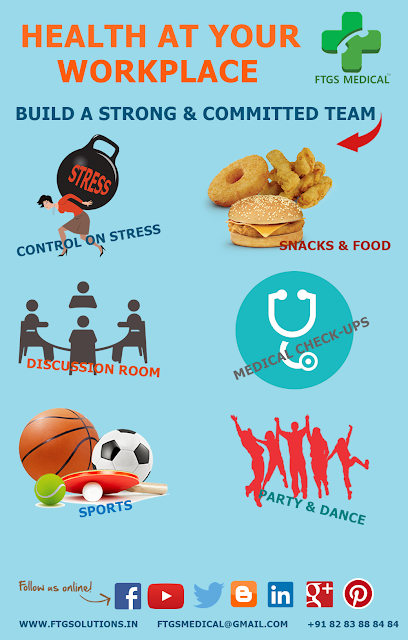By:
SANJANA GUPTA, MD
Ludhiana, Punjab, INDIA
Did
you know that your body weight is approximately 60 percent water? Your body
uses water in all its cells, organs, and tissues to help regulate its
temperature and maintain other bodily functions. Because your body loses water
through breathing, sweating, and digestion,
it's important to rehydrate by drinking fluids and eating foods that contain water. The amount of water you need
depends on a variety of factors, including the climate you live in, how
physically active you are, and whether you're experiencing an illness or have
any other health problems.
Pure Water
Protects Your body
Tissues, Joints
and other organs
Water does more than just quench your thirst and
regulate your body's temperature; it also keeps the tissues in your body moist.
You know how it feels when your eyes, nose, or mouth gets dry? Keeping your
body hydrated helps it retain optimum levels of moisture in these sensitive
areas, as well as in the blood, bones, and the brain. In addition, water helps
protect the spinal cord, and it acts as a lubricant and cushion for your
joints.
Water Helps Your Body to
Remove Waste
Adequate water intake enables your body to excrete
waste through perspiration, urination, and defecation. The kidneys and liver
use it to help flush out waste, as do your intestines. Water can also keep you
from getting constipated by softening your stools and helping move the food
you've eaten through your intestinal tract. However, it should be noted that
there is no evidence to prove that increasing your fluid intake will cure constipation.
Water Aids in Digestion
Digestion
starts with saliva, the basis of which is water. Digestion relies on enzymes
that are found in saliva to help break down food and liquid and to dissolve
minerals and other nutrients. Proper digestion makes minerals and nutrients
more accessible to the body. Water is also necessary to help you digest soluble
fiber. With the help of water, this fiber dissolves easily and benefits your
bowel health by making well-formed, soft stools that are easy to pass.
Water Prevents You from
Becoming Dehydrated
Your
body loses fluids when you engage in vigorous exercise, sweat in high heat, or
come down with a fever or contract an illness that causes vomiting or diarrhea.
If you're losing fluids for any of these reasons, it's important to increase
your fluid intake so that you can restore your body's natural hydration levels.
Your doctor may also recommend that you drink more fluids to help treat other
health conditions, like bladder infections and urinary tract stones. If you're
pregnant or nursing, you may want to consult with your physician about your
fluid intake because your body will be using more fluids than usual, especially
if you're breastfeeding.
How Much Water Do You Need?
There's no hard and fast rule, and many
individuals meet their daily hydration needs by simply drinking water when
they're thirsty, according to a report on nutrient recommendations from the
Institute of Medicine of the National Academies. In fact, most people who are
in good physical health get enough fluids by drinking water and other beverages
when they're thirsty, and also by drinking a beverage with each of their meals.
If you're not sure about your hydration level, look at your urine. If it's
clear, you're in good shape. If it's dark, you're probably dehydrated.

